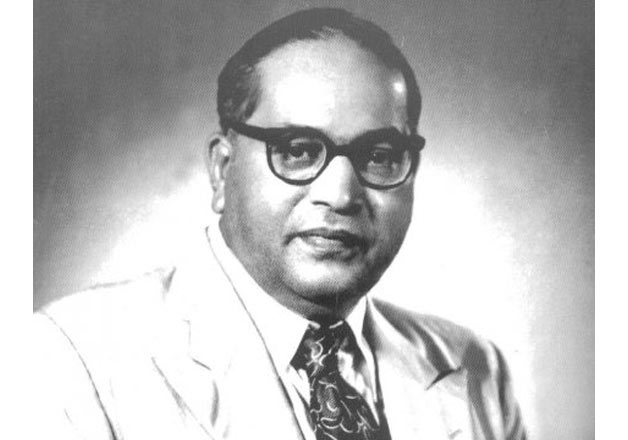Tradition and the Individual Talent. T.S. Eliot. 1921. The.
Perhaps his best-known essay, “Tradition and the Individual Talent” was first published in 1919 and soon after included in The Sacred Wood: Essays on Poetry and Criticism (1920). Eliot attempts to do two things in this essay: he first redefines “tradition” by emphasizing the importance of history to writing and understanding poetry, and he then argues that poetry should be essentially.
Introduction. T. S. Eliot’s 1919 critical essay “Tradition and the Individual Talent” was first published in the London literary magazine The Egoist.It was republished a year later.
Tradition and the Individual Talent by T. S. Eliot The essay Tradition and the Individual Talent is an attack on certain critical views in Romanticism particularly up on the idea that a poem is primarily an expression of the personality of the poet. Eliot argues that a great poem always asserts and that the poet must develop a sense of the pastness of the past. There is great importance of.

In this essay, T S Eliot dives marvelously in the question of the author and the role that tradition has in the literary history and in the creation of new forms of literature. Seeing the art has a phenomenon of recapitulation of themes disposed in new forms, rather than the creation of new feelings and images, the critic approximates himself from the Russian Formalists, that would be widely.

Tradition and the Individual Talent was originally published across two instalments of the Egoist in 1919 and later, in 1920, became part of T.S. Eliot’s full length book of essays on poetry and criticism, The Sacred Wood.Literary modernism is visible throughout the essay in the self-consciousness Eliot writes of with regards to writing poetry.

Tradition and the Individual Talent: An Essay by T.S. Eliot 502 ratings, 3.87 average rating, 34 reviews Tradition and the Individual Talent Quotes Showing 1-7 of 7 “The poet's mind is in fact a receptacle for seizing and storing up numberless feelings, phrases, images, which remain there until all the particles which can unite to form a new compound are present together.”.

Other articles where Tradition and the Individual Talent is discussed: T.S. Eliot: The Waste Land and criticism: In the essay “Tradition and the Individual Talent,” appearing in his first critical volume, The Sacred Wood (1920), Eliot asserts that tradition, as used by the poet, is not a mere repetition of the work of the immediate past (“novelty is better than repetition,” he said.

The essay “Tradition and the Individual Talent” by T. S. Eliot incorporates many ideas sympathetic to those found in Pound’s poetry, thus allowing Pound to be comprehended more completely by one who has first read Eliot’s essay. If one were to read Eliot’s essay, he could in turn pick up ideas central to understanding Pound’s poetry, such as: the importance of tradition and the.

T. S. Eliot’s essay, Tradition and the Individual Talent (1920) is one of the earliest offerings of his literary theory. The essay outlines his philosophy of “tradition” and the implications this has for the poet, critic, and scholar. Tradition for Eliot includes a much broader definition than is recognized by the popular conception of the term.

View ''Tradition and Individual Talent' by T S Eliot', on the British Library's website.. The essay was published across two issues of The Egoist, a magazine for which Eliot had become the assistant editor in 1917. The first section was published in volume six number four in September. The second and third were published in volume six number five, in December. Between 1914 and its closure.

T. S. Eliot expressed a typically ambivalent view of the past when he wrote in his essay “Tradition and the Individual Talent”. The essay gives voice to the fact that modernist experiments seldom simply destroyed or rejected traditional methods of representation or traditional literary forms; rather, the modernists sought to enter into a sort of conversation with the art of the past.

In T.S. Eliot’s essay, “Tradition and the Individual Talent”, he shares his perspective on the function of poetry in the literary canon. He is able to sum up his thesis in this short sentence: “The emotion of art is impersonal”. Like Wimsatt and Beardsley, Eliot does not believe in the use of poetry as an interpretation of the poet’s thought and feelings. In addition, he believes.

T.S Eliot Tradition and Individual Talent and The Love Song of J. Alfred PrufrockTradition and individual talentEliot’s essays actually map a highly personal set of preoccupations, responses and ideas about specific authors and works of art, as well as formulate more general theories on the connections between poetry, culture and society. Perhaps his best-known essay, “Tradition and the.



